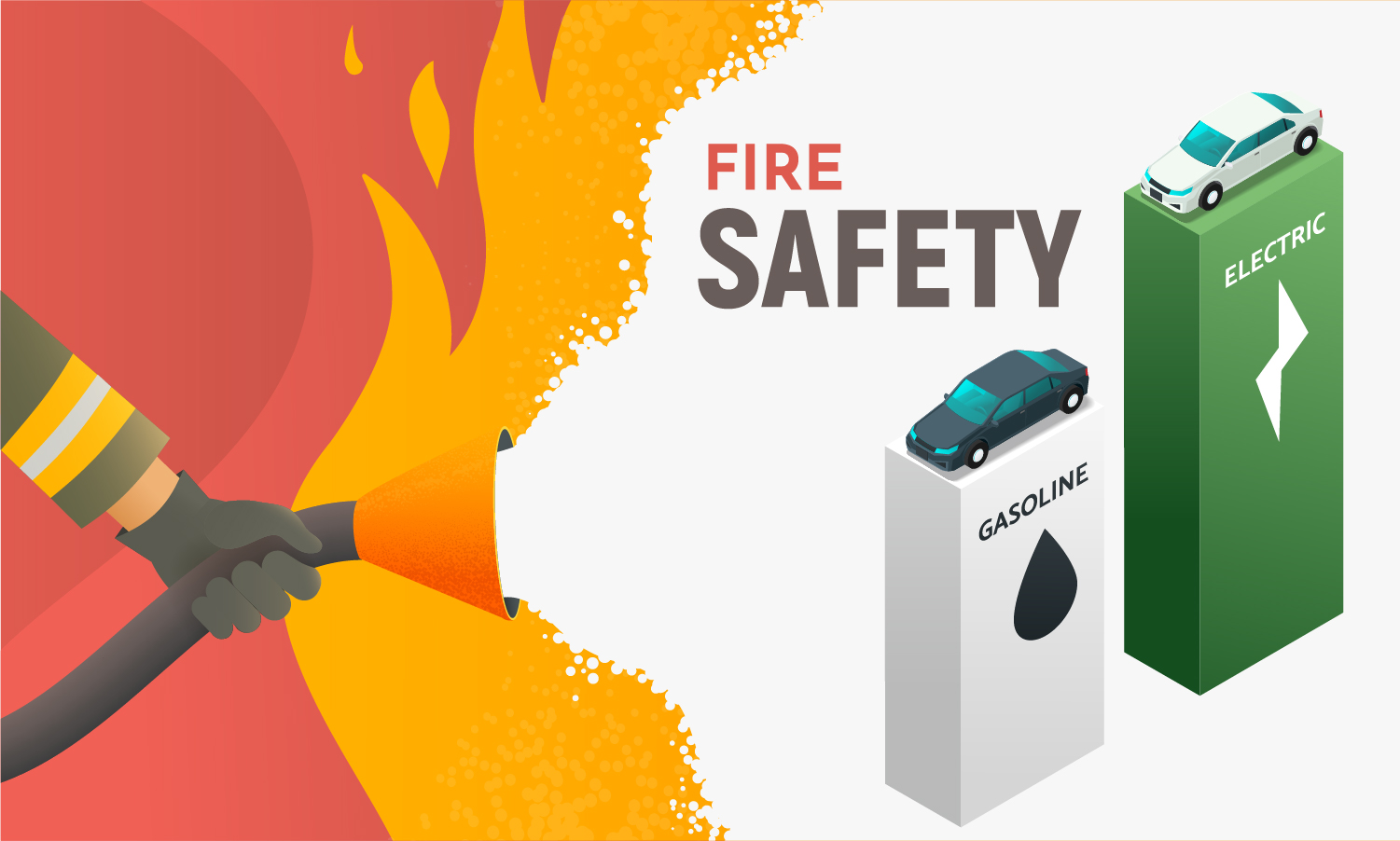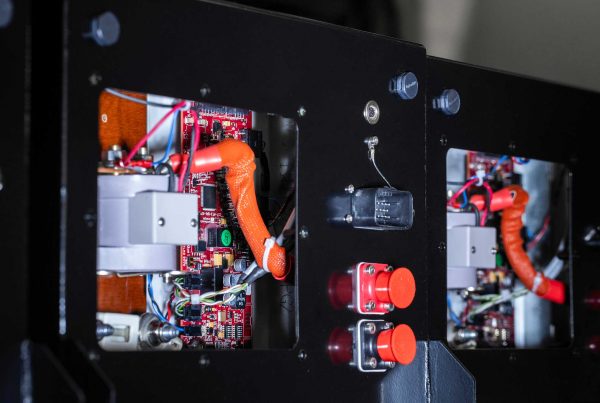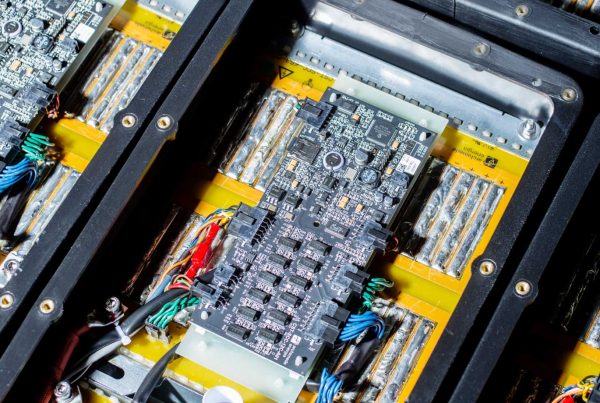The safety of electric cars: why they are more reliable than combustion vehicles
Safety is one of the main concerns when it comes to electric cars and lithium batteries. Many people wonder whether these innovative technologies are truly reliable or if they pose significant risks, particularly regarding fires. Analyzing the data and comparing electric cars with combustion vehicles reveals a clear picture: electric cars offer superior safety, especially concerning the incidence of fires.
Electric cars and fires: the data speaks clearly
A study conducted by Auto Insurance EZ, based on data from the National Transportation Safety Board (NTSB), highlighted substantial differences in the frequency of fires between electric, hybrid, and combustion vehicles. According to the data:
- Out of 100,000 electric vehicles, only 25 experienced fires.
- The same number of combustion vehicles recorded as many as 1,500 fires.
- Hybrid vehicles fall in between, with 3,474 fires per 100,000 units.
These figures demonstrate that vehicles powered by lithium batteries are significantly safer than their traditional counterparts.
In Italy, there are approximately 200,000 electric vehicles compared to over 45 million combustion vehicles. This means that for every electric car that catches fire, about 12,000 combustion vehicles burn. This impressive difference underscores the superiority of electric technologies.
Lithium batteries: challenges and safety
Lithium batteries, the beating heart of electric cars, have unique characteristics. While fires are rare, when they occur, they can be particularly challenging to manage due to a phenomenon known as thermal runaway. This process, a chain reaction that generates high temperatures, makes extinguishing the fire with traditional methods complex.
Lithium vs. lithium-ion batteries
It’s crucial to distinguish between:
- Lithium Batteries (Lithium-Metal): Contain pure lithium, which is highly reactive with water, making them hazardous in contact with traditional liquids.
- Lithium-Ion Batteries: Safer, as they do not contain lithium-metal. However, extinguishing fires is still complex due to the oxygen present in cell materials.
Innovations to enhance battery safety
The lithium battery industry is developing advanced solutions to further reduce risks. Key innovations include:
- Advanced insulating materials
The use of insulating materials within batteries helps contain potential fires, preventing the propagation of flames between cells. These materials act as an effective barrier against thermal runaway. - Real-time monitoring systems
Advanced sensors and monitoring systems detect early anomalies, such as variations in pressure, temperature, or the emission of volatile organic compounds (VOCs). This allows for timely intervention to avoid critical situations.
At Archimede Energia, we are implementing next-generation monitoring technologies designed to detect degradation signals and activate preventive measures. - Personnel training
Training is essential to ensure safety in case of fires. Well-trained operators can intervene effectively, minimizing risks associated with fire and toxic gases. - Regulation updates
Current regulations need to be updated to address the chemical specifics of lithium batteries. Clear guidelines can ensure safer and more effective interventions in emergencies.
The expanding electric car sector
Beyond safety, electric cars represent a revolution in the automotive sector. This market is rapidly expanding, driven by increasing sustainability awareness and technological innovations.
Sales growth
Electric car registrations are steadily increasing, supported by government incentives and greater environmental awareness. In Europe, for example, electric vehicle sales grew by 137% in 2021 compared to the previous year.
Improvements in range
Modern lithium batteries offer increasingly higher ranges, making electric cars a practical choice for long trips. Some models now exceed 500 kilometers on a single charge.
Charging infrastructure
The spread of charging infrastructure is a key element for the success of electric cars. Fast charging stations are becoming more common in cities and along major roads, reducing charging times and improving user experience.
Why choose electric cars?
In addition to the reduced incidence of fires, electric cars offer numerous advantages in terms of sustainability and technological innovation. Despite the challenges related to safety, lithium batteries remain one of the most advanced solutions for future mobility.
- Reduced emissions
Electric cars eliminate greenhouse gas emissions during use, contributing to improved air quality in cities. - Lower maintenance
With no components such as combustion engines, catalytic converters, or oil changes, electric vehicles require less maintenance than traditional vehicles. - Economic incentives
In many countries, purchasing electric cars is incentivized through tax benefits and financial contributions. Additionally, charging costs are lower than fuel expenses.
The safety of electric cars, supported by data and technological innovations, makes them a reliable choice for the future of mobility. While lithium batteries pose certain challenges, advancements in insulation, monitoring, and training are making these technologies increasingly safe.
Archimede Energia, a producer of lithium-ion batteries, is at the forefront of developing solutions to enhance the safety and reliability of batteries. Thanks to our commitment to research and innovation, we continue to guarantee high standards for sustainable and safe mobility. Contact us for more information.






